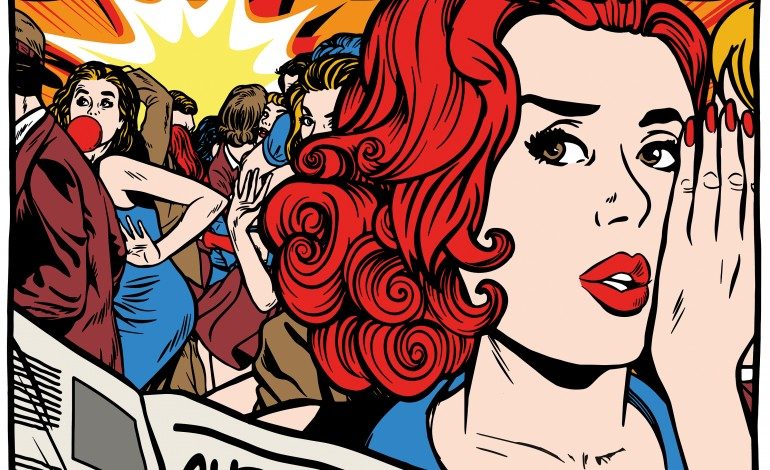

15 Minutes on the Ferris Wheel
The ‘90s were a different time for pop music. Many trends died as we entered a new decade. People often try to ignore the success of the ‘90s swing revival brought about by “Zoot Suit Riot,” as well as the short-lived europop trend popularized byt Eiffel 65’s “Blue (Da Ba Dee).” Yes, most of these fads have run their course; yet ska punk seems to be viewed differently.
The third wave ‘90s ska is something that still has a dedicated following. When people listen to this genre, they feel an enormous rush of nostalgia, bringing them back to classic high school films like Clueless, or to playing Tony Hawk Pro Skater with friends after school. Bands like Reel Big Fish, Less Than Jake and The Mighty Mighty Bosstones still tour high-capacity venues all across the globe. Clearly, there is still a large audience for a phase that could have easily died quickly.
Among the handful of ska punk bands that enjoyed chart success in the ‘90s, there is Save Ferris. Save Ferris, from Orange County California, got mainstream attention for their cover of the classic ‘80s song “Come on Eileen” by Dexys Midnight Runners. Led by lead singer Monique Powell, Save Ferris put out two albums in the ‘90s, but until now they had not released any new music since 1999, making Checkered Past the band’s first release in 18 years. Ska fans may be a little skeptic going into this short-length album, as Powell is the only original member of the band still active. Under a completely new instrumental backing, Checkered Past has a lot to prove.
“Anything” kicks off the EP with a hard-hitting bass line that kicks into great drums and horns. This song is much harder than its cutesie love lyrics suggest, but it works. “Anything” is a rare, happy love song in a genre often filled with love-hate and political hate. It slows down into great horn solos one wouldn’t mind skanking to.
The second song, “New Sound,” was the single of the EP. It features second wave icon Neville Staple of The Specials. The song proclaims the idea that there is a new sound, but this appears to be lost in translation in the actual sound of the song, which is very typical reggae ska that follows up-strummed chords and island vibes. The vocals are reminiscent of Gwen Stefani in No Doubt. This isn’t because of the female voice, but rather in the slow slithering-like sound of the vocals.
“Do I Even Like You?” is probably the highlight of the EP lyrically. It embodies laughable punk rock culture with lyrics like, “listening to Fugazi / wishing I wasn’t such an asshole.” The chorus is super repetitive but the verses are successful enough to carry the song.
The centerpiece of the album is the band section and its horn riffs. Although they are new, they do a great job of making this sound like It Means Everything-era Save Ferris. The vocals of Checkered Past also sound nice — as Powell has a great voice — but are overly produced, causing them to lose that rugged, hard-hitting punk feel. As a ska punk band, though, Save Ferris never really had that to begin with.
The EP ultimately does its job, putting out catchy, ska punk songs to satisfy modern rude boys. It is not re-defining the genre in any sense, but it is an enjoyable ska punk release that will make any ‘90s kid nostalgic.
